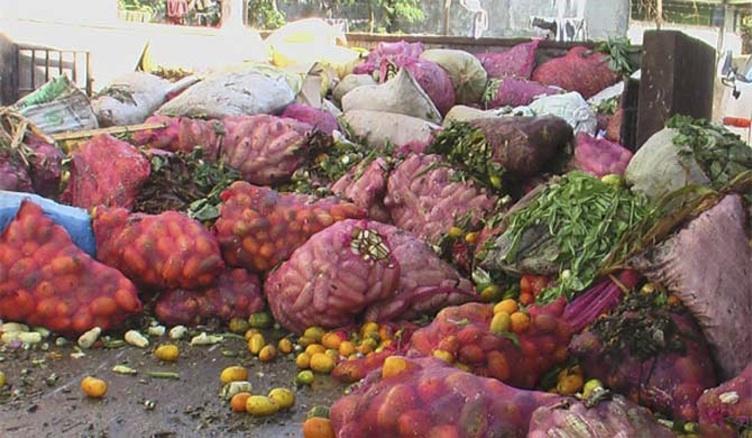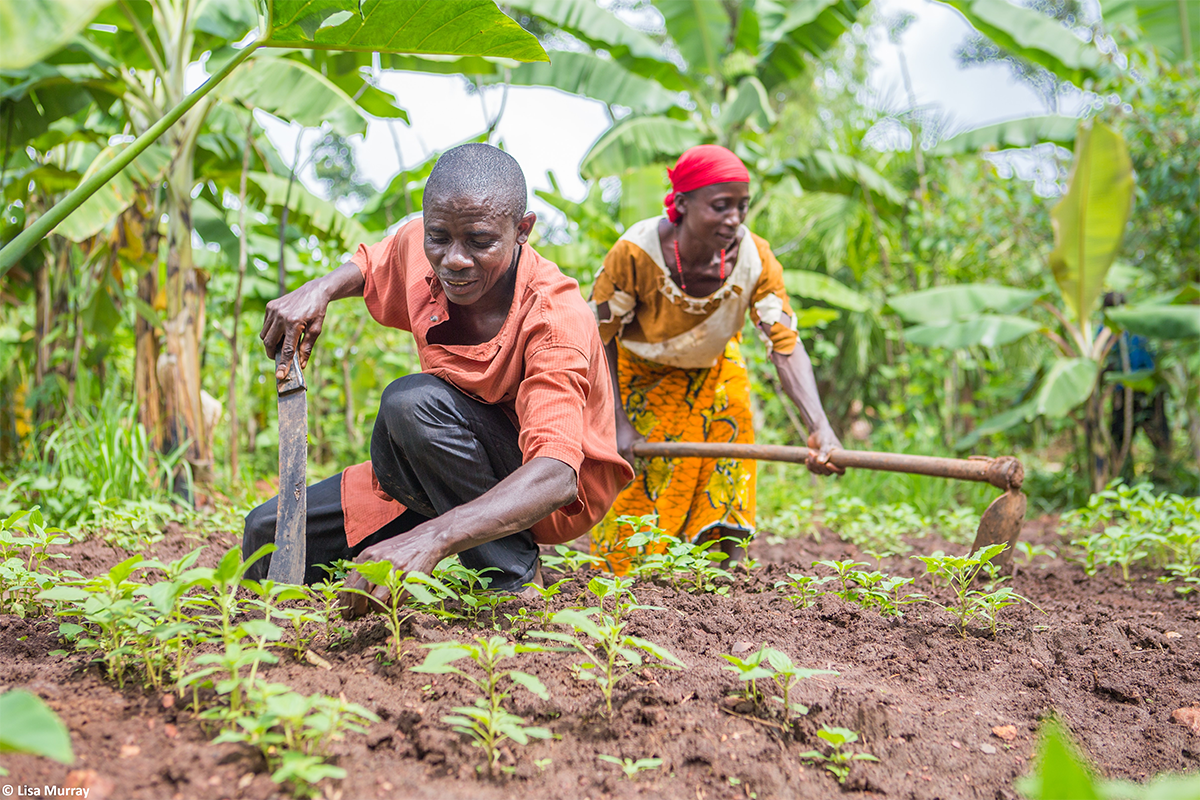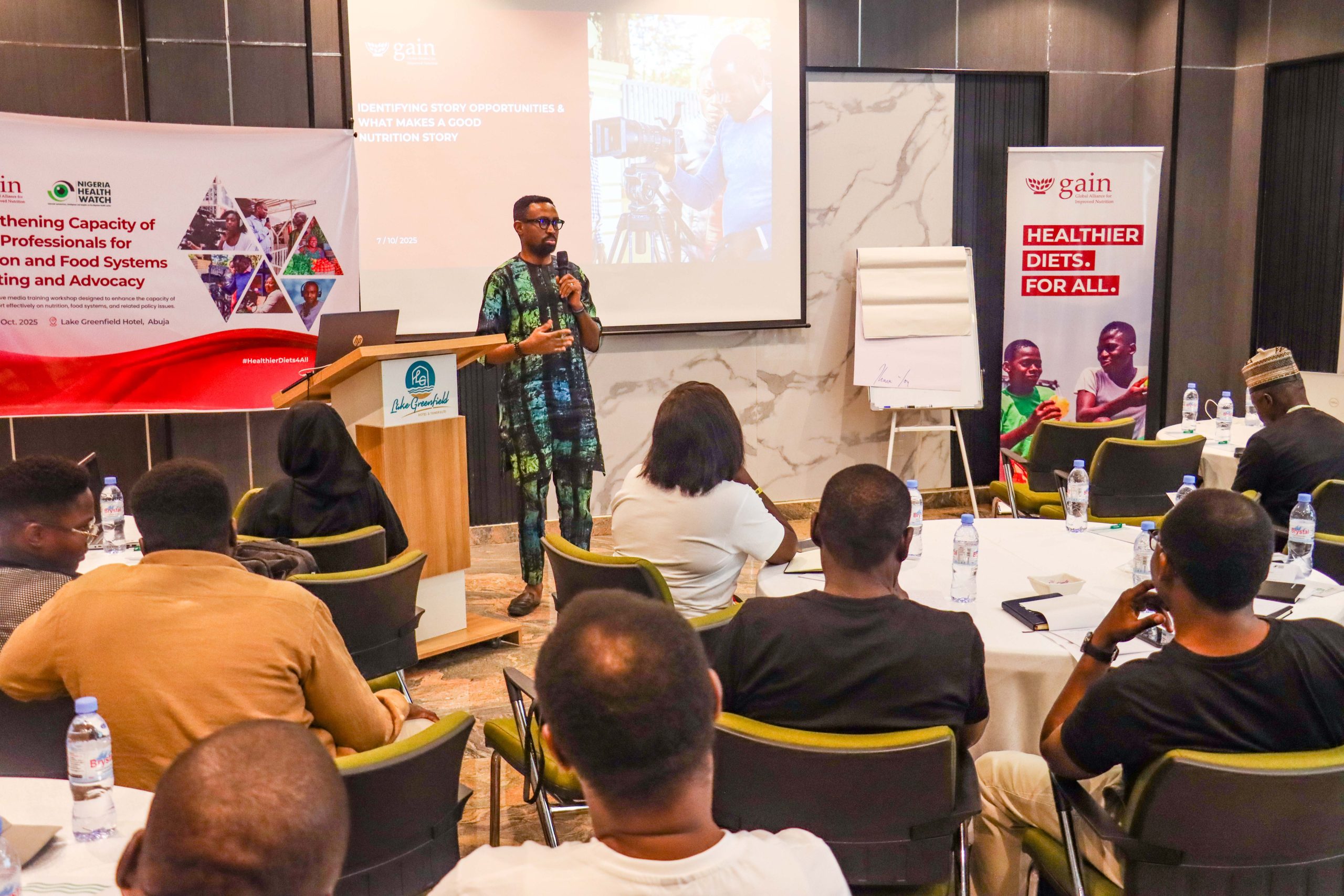Holds Maiden Post-harvest Loss Reduction Summer Class
The Nigerian Stored Products Research Institute (NSPRI) has concluded the maiden edition of its Postharvest Loss Reduction Summer Class tagged: “Catch Them Young Initiative,” in Lagos, where 50 students were trained on food preservation, processing, and agribusiness.
With the programme, which ran from August 4 to 21, 2025, the students were structured into three batches. Each of the batches was exposed to hands-on training in postharvest management and value addition to agricultural produce.
The Executive Director of NSPRI, Prof. Lateef O. Sanni, who congratulated the students for embracing the opportunity, stressed the importance of early exposure to innovation and enterprise encouraging them to share their experiences with their peers.
He assured them that future editions would be more engaging and rewarding. “What you have learned here will not only help you in secondary school, but also in the university and beyond,” he said
Also speaking at the event, the Lagos Zonal Coordinator of the institute, Dr. Shuaeeb N. Oyewole, described the programme as exceptional, explaining that the skills gained by the students would not only improve food security but also position them as future agripreneurs, job creators, and employers of labour in line with the Federal Government’s Renewed Hope Agenda.
As evidence of what they’ve learnt, some of the students came forward to demonstrate how some of the products like pineapple rings, pawpaw flakes, fish snacks and others were made, explaining the processes they had learned and reflecting on how the programme had positively impacted their lives.
“This programme has taught me how to turn farm produce into snacks we can sell,” one participant said.
Delivering a keynote address, the Commissioner for Agriculture and Food Systems, Ms. Abisola Olusanya, commended NSPRI for equipping young Nigerians with life-changing skills that address one of the country’s most pressing challenges.
She noted that Nigeria currently loses between 30 to 50 per cent of its agricultural produce after harvest, largely due to poor storage and logistics. “The snacks, juices, and food innovations you have learned to produce are not just for fun. They are solutions to a national problem, helping Nigeria save food, save money, and save lives,” she said.
Oyewole, who urged the parents to provide facilities for their wards to continue practicing what they learnt, added that the programme could become a source of sustainable livelihood.






